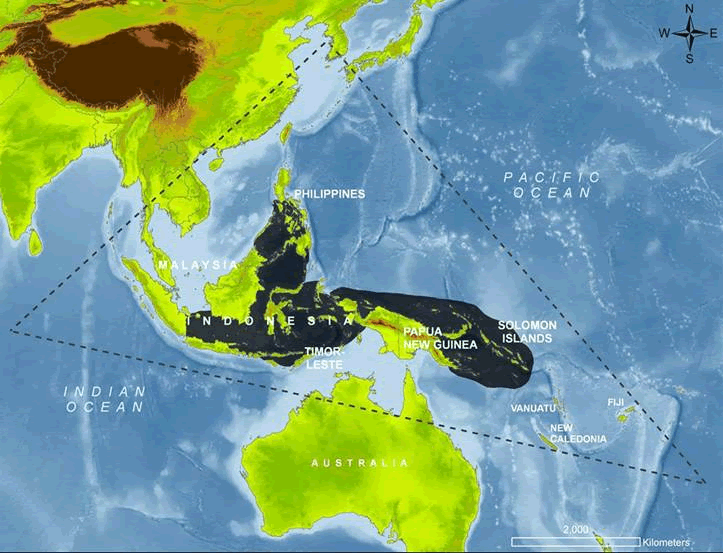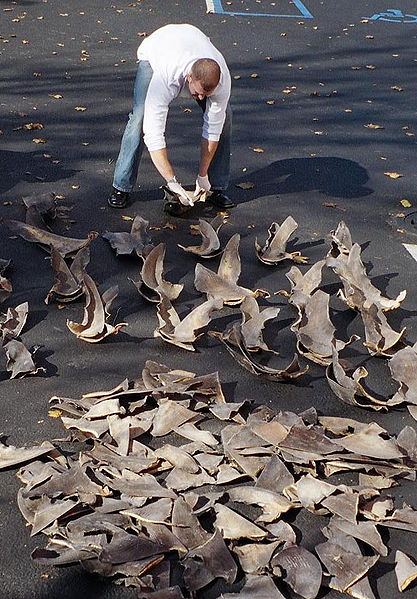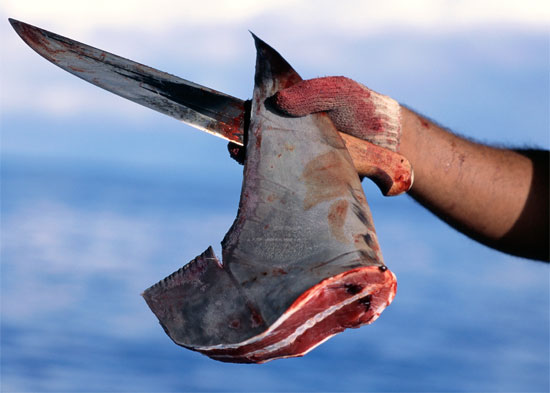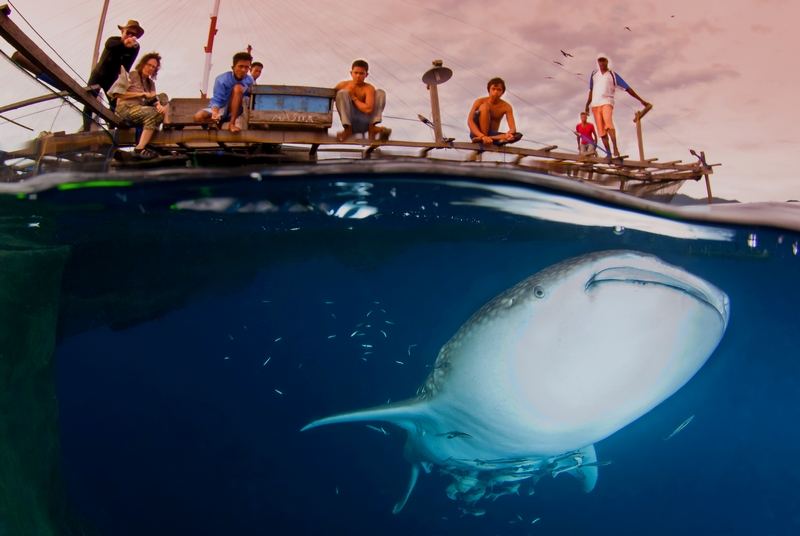‘Amazon of the Ocean’: Indonesia creates sanctuary for sharks and manta rays

In a move to protect a 46,000-square-kilometre area of ocean, Indonesia, currently the world’s largest exporter of sharks and rays, has announced the creation of a sanctuary for sharks and manta rays. The remote ocean dive destination is part of the Coral Triangle, an area in the western Pacific which includes the tropical waters around Indonesia, Papua New Guinea, Malaysia, the Solomon Islands, the Philippines and Timor -Leste.
The Coral Triangle is recognized as the global centre of marine biodiversity and a global priority for conservation. It also called the “Amazon of the seas” and covers 5.7 million square kilometers of ocean waters. Its biological resources sustain the lives of over 120 million people.
The Regency Government of Raja Ampat in Indonesia affirmed its strong commitment to protect sharks and manta rays this week by officially declaring its 46,000km2 marine waters a shark and manta ray sanctuary, the first established in Indonesia as well as the Coral Triangle.
“Scientific evidence states that the value of live sharks and manta rays far outweighs the one-time profit of dead sharks and manta rays, benefiting a growing world-class and increasingly popular marine tourism and dive destination,” commented Rizal Algamar, Indonesia director of the environmental organisaton Nature Conservancy.
“Sharks in particular play an important role, as apex predators at the top of the food chain, maintaining fisheries and ecosystem health. Sharks and manta rays are also an important tourist attraction and are estimated to generate significant local tourism revenue when alive and in their natural environment,” said Conservation International.

Shark numbers have been depleted in Raja Ampat by fishing pressure, but are now showing encouraging signs of recovery in newly established No-Take-Zones within the Regency’s marine protected areas. The regency’s resident manta ray populations now require protection to ensure their populations are not decimated by the emerging trade in manta parts. Any further loss of sharks and mantas would otherwise diminish biodiversity, affect local fisheries and negatively impact tourism as divers turn elsewhere.
Shark populations are in a rapid and steep decline worldwide due to unrelenting fishing pressure and demand for shark fin soup. Up to 73 million sharks are killed annually, mostly for their fins. This wasteful and cruel process usually results in finned sharks being discarded alive. As a result, many shark species have suffered declines greater than 75% and in some species up to 90% or more. Sharks are either directly targeted, or caught as by-catch in industrial pelagic fisheries. There is also a new emerging market in Asia that is creating a demand for dried manta gill rakers to be used in traditional medicines, driving exponential increases in the fishery and severe population declines, especially in Indonesia.
The World Wild Fund for Nature (WWF) considers the region a top priority for marine conservation, and the organization is addressing the threats it faces through its Coral Triangle Program, launched in 2007.



